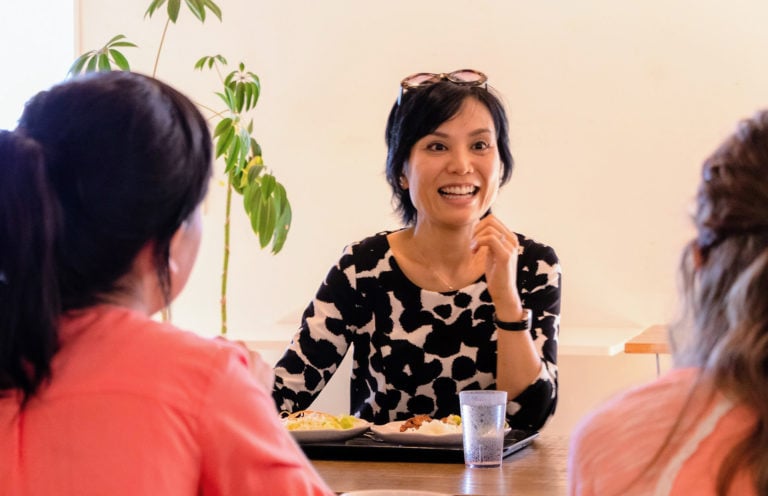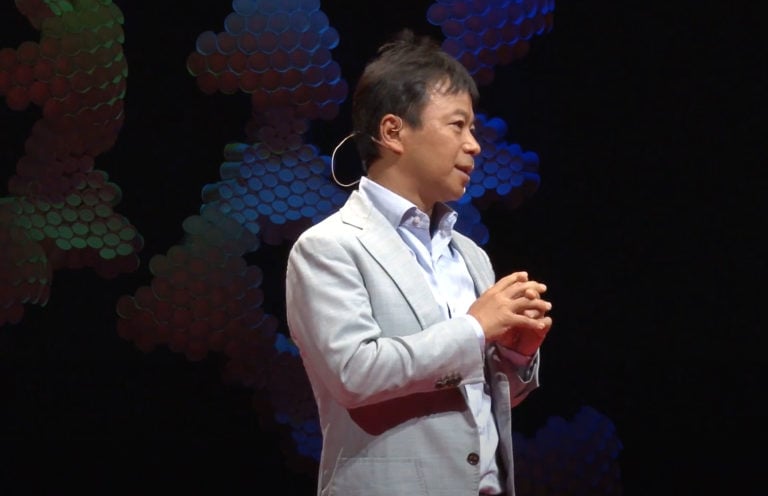UWC ISAK Japan students Ann, Ananya, and Terri chose to tackle the pressing issue of Japan’s aging population through their year-long project in Grade 10 Japanese class. Their project combined learning Japanese with improving Leadership skills by engaging with Seizanso, a local nursing home. They aimed to increase the number of enjoyable experiences in elderly homes. This year, they focused on making regular visits and running engaging workshops for Seizanso residents, and they achieved great success. “This is a 100% student-led project –designed, organized, and conducted by the students,” explains Mr Masui, their Japanese teacher. “I have been truly impressed by their initiative and commitment to this endeavor.”
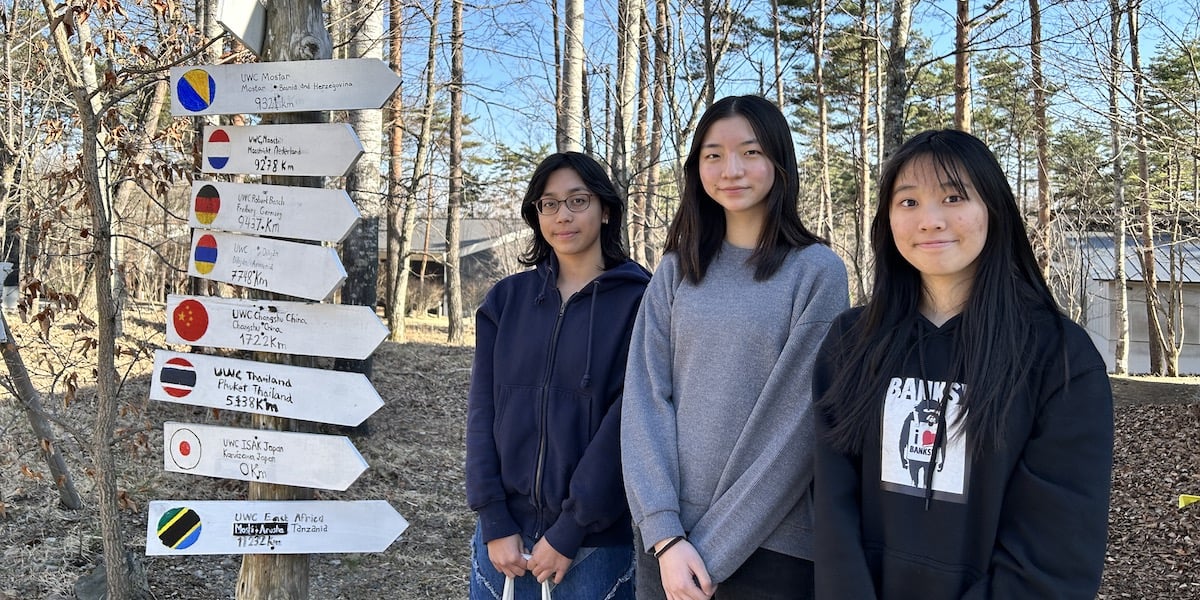
The aging population issue
After arriving at UWC ISAK Japan, Ann, Ananya, and Terri realized that Japan’s most crucial issue was its aging population. One out of ten people in Japan are more than 80 years old. The three of them each have a personal story that made them more aware of the difficulties older people can face. Ann’s great-grandmother often called her to share her loneliness when she was at a nursing home in Taiwan. Ananya’s great-grandmother was always happy to receive visits even though she wasn’t always able to recognize her relatives due to having Alzheimer’s. With this in mind, Ananya wanted to be of service to other people in elderly homes and hoped they would appreciate regular visits. Terri’s great-grandmother lived much of her life in South Korea’s country on her own. Terri, now residing in Karuizawa –the Japanese countryside– thought that there might be other elderly people similarly living isolated lives, far away from their families, and wondered what she could do to help.
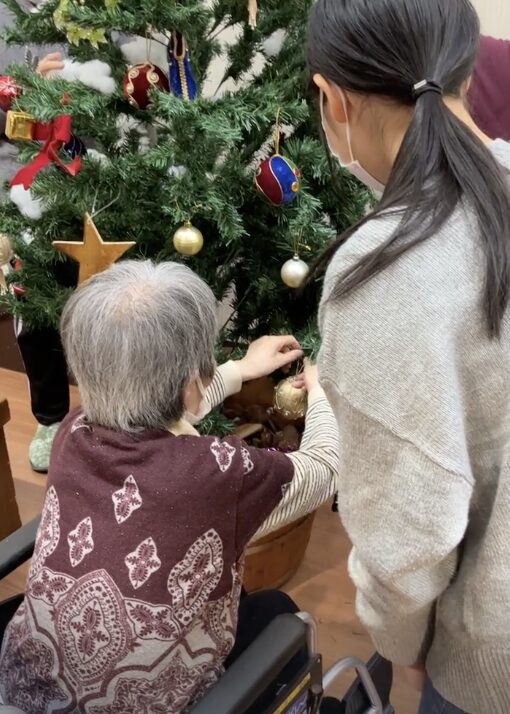
Connecting with a local retirement home
So far, through their first year at UWC ISAK, Ann, Ananya, and Terri have visited Seizanso four times. First, they conducted a preliminary visit to interview the residents and understand their needs. They also joined one of the house’s music club activities and realized how much residents valued music. After that, they developed their workshops: origami making, Christmas decorations, and a DIY maracas crafting workshop.
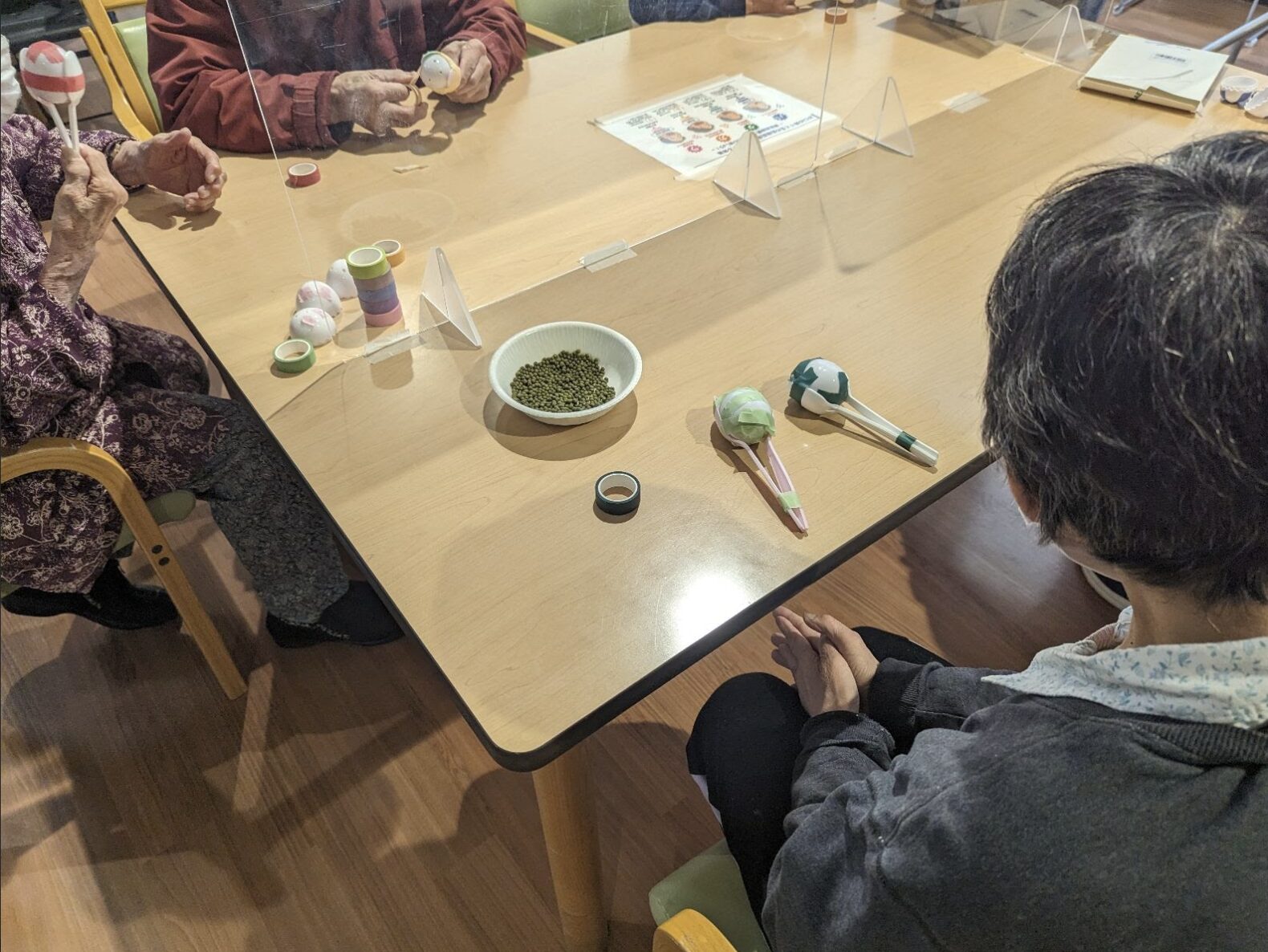
Learning to Communicate in Japanese
Ann, Ananya, and Terri shared their experiences learning conversational Japanese during their project. Along the way, they also picked up faxing skills! “We are still not very confident, but calling and discussing with people at Seizanso in Japanese was such a good opportunity to grow our language skills,” recalls Ananya. Terri added, “We needed to learn the honorific speech, Keigo, which is used to speak to people of higher status or age.” This speech is also used in many business instances in Japan, which can prove helpful in many other cases.
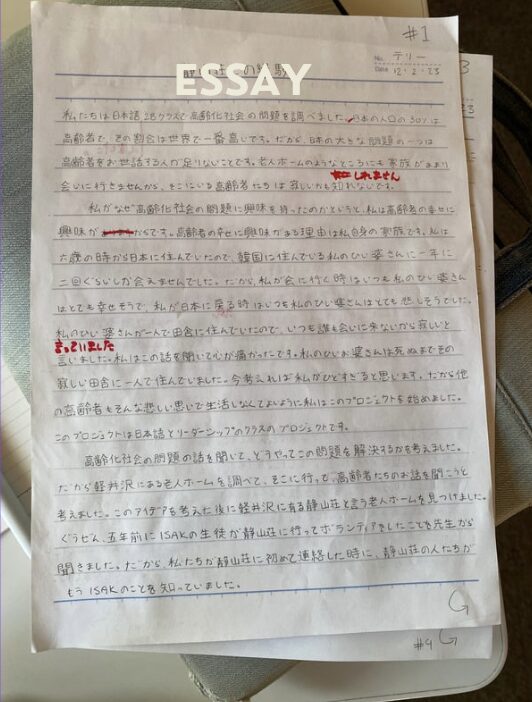
Building Leadership Skills
Ann, Ananya, and Terri learned to build connections in another language and cultural context and cooperate as a trio through this project. After each workshop, they took time for growth and reflection on what they could improve and what went well. “Through this project, we also explored diversity within the home residents and within ourselves,” explains Ann.
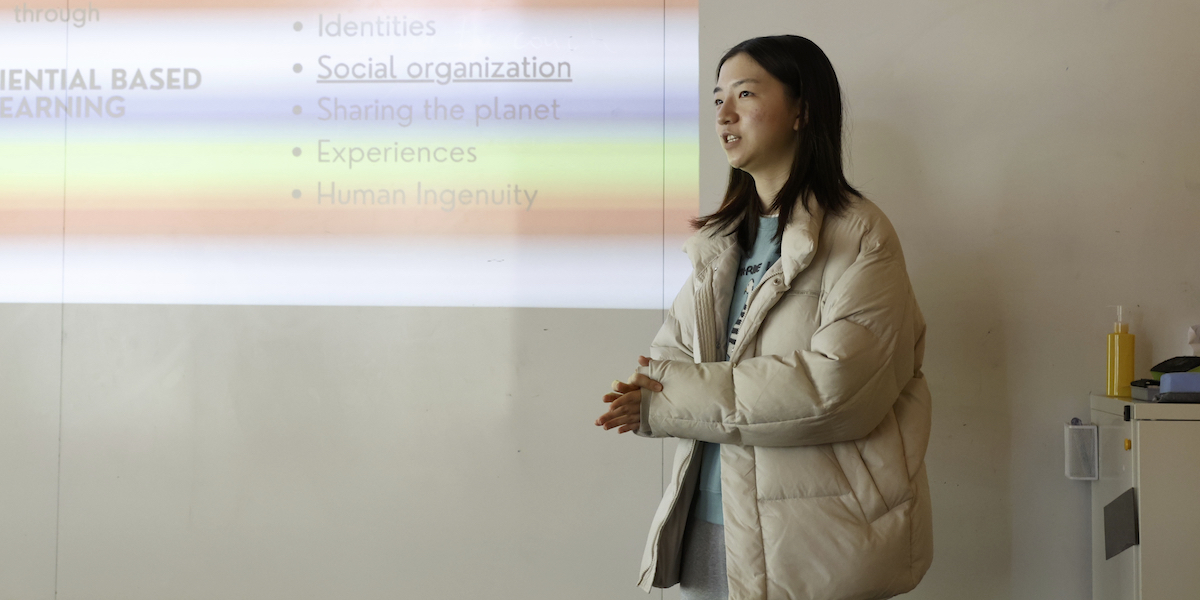
Interdisciplinary Learning and Leadership
The three students needed to combine MEXT (Japan’s Ministry of Education, Culture, Sports, Science and Technology) and IBDP (International Baccalaureate Diploma Programme) objectives in their Japanese class. While building their Japanese literacy and communication skills, students also develop their Conceptual Understanding of the following themes:
- Identities
- Social organization
- Sharing the planet
- Experiences
- Human Ingenuity
Meanwhile, UWC ISAK Japan Grade 10 students need to develop the following skills as part of their Leadership curriculum:
- Awareness
- Connecting
- Creativity
- Action-taking
- Self-discipline
Students developed Japanese skills through their project and practiced and grew their leadership skills. They especially developed their understanding of Social Organization through social relationships, community, and social engagement, and their Connecting and Action-Taking skills.
A long-lasting commitment
Japanese class introduced students to the work of Endo Tokuko, a writer who invented a new type of book: books for the elderly. “If there are books for children, why not for the elderly?” this writer asks. Inspired by this example, Ann, Ananya, and Terri want to write the stories they gather from the residents. They found another way to comfort and bring joy to older people through fiction.
Ann, Ananya, and Terri are working on establishing a long-term connection with the residence they visited for students in the coming year to continue bringing joy to their local community.
“I firmly believe that such authentic projects, grounded in experiential learning, epitomize the spirit of our school, UWC ISAK,” concludes Mr Masui. “It has been my privilege to coach them and witness their remarkable growth throughout this journey.”
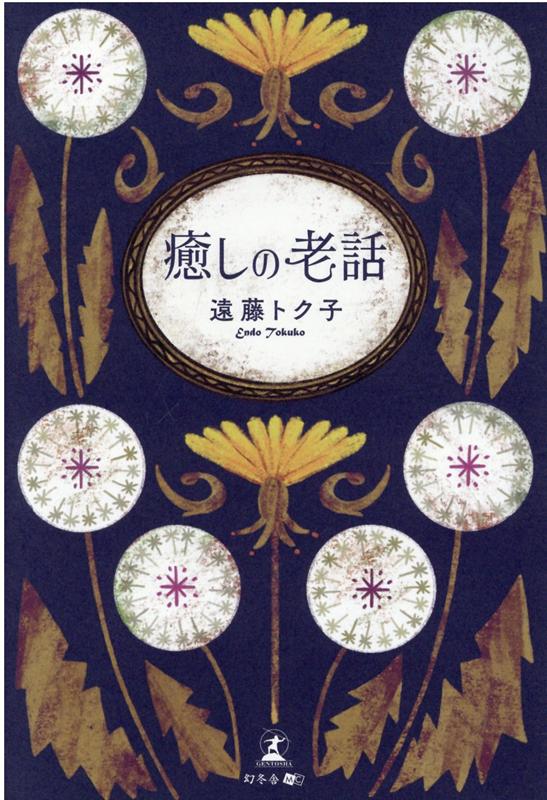
Find more Leadership stories from the UWC ISAK Japan community on our Leaders beacon Blog.
